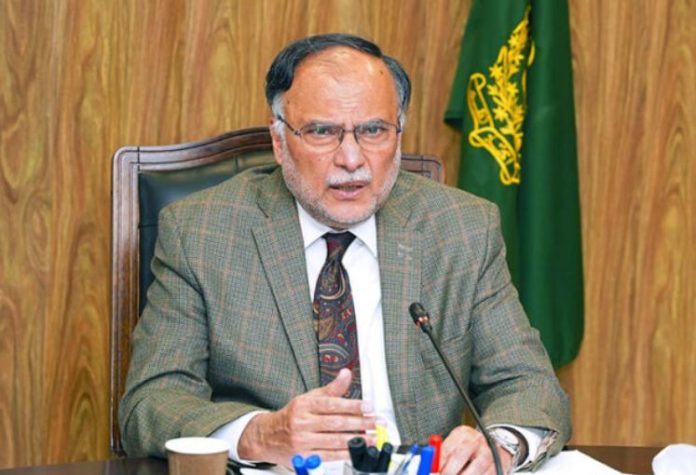ISLAMABAD, Jan 11 (APP): Minister for Planning, Development and Special Initiatives Professor Ahsan Iqbal on Saturday expressed the federal government’s strong commitment to making the country free of Hepatitis-C within the next three to four years, describing it as a noble cause and national mission.
“Can a country like Pakistan, which developed its nuclear program indigenously despite the opposition of the entire world, not rid itself of Hepatitis-C in collaboration with world? [Definitely], it is achievable with a focused approach and strong belief in this noble cause,” he said while addressing an event titled “Vision for a Hepatitis-Free Future: Current Challenges and Future Roadmap.”
The minister said the federal government had launched the Hepatitis-free program with an allocation of Rs 67 billion, with 51 percent of the funding provided by the center and 49 percent by the provinces.
Under the initiative, he explained, 50 percent of the country’s population would be screened, and those who tested positive would receive treatment. “Our goal is to make Pakistan free of Hepatitis-C within the next three to four years,” he added.
Ahsan cited examples of Egypt and Rwanda, which successfully executed similar programs, saying, “If these countries could succeed, why can’t Pakistan?”
He emphasized that eliminating Hepatitis would enhance Pakistan’s national capabilities, as it was strongly linked to poverty alleviation, securing jobs abroad, and boosting productivity, even for individuals staying in the country.
The minister urged provinces to empower districts to improve the efficiency of the health, education and population control sectors in order to ensure effective service delivery.
“After the devolution of power, each province in Pakistan is center-heavy. Unless service delivery systems and provincial powers are delegated to the district level, we cannot achieve the agility necessary to effectively tackle the challenges we face,” he observed.
He described the reorganization of social sectors within provinces as one of the biggest challenges for improving service delivery at the grassroots level.

















